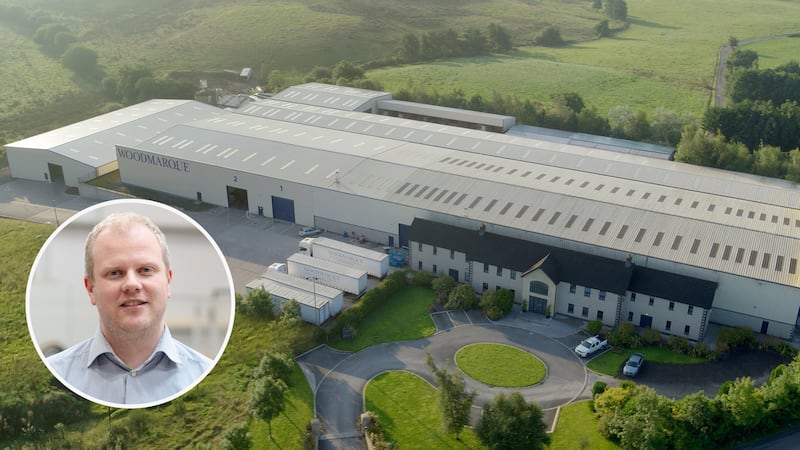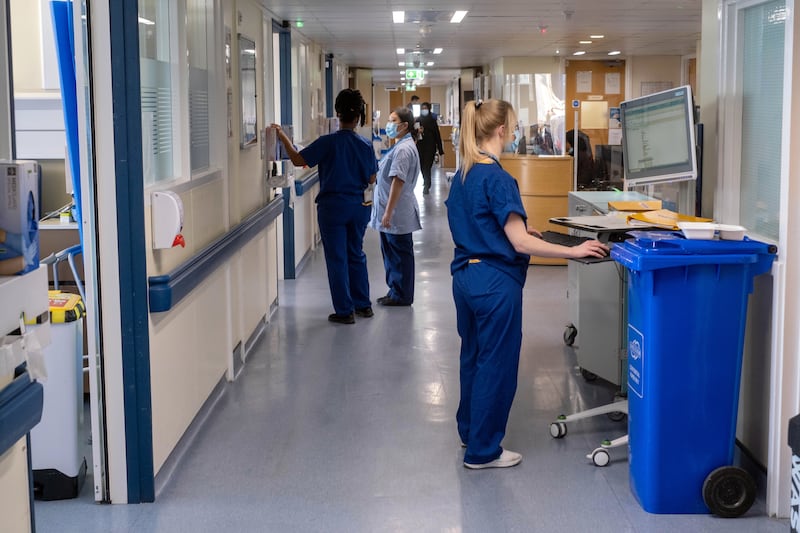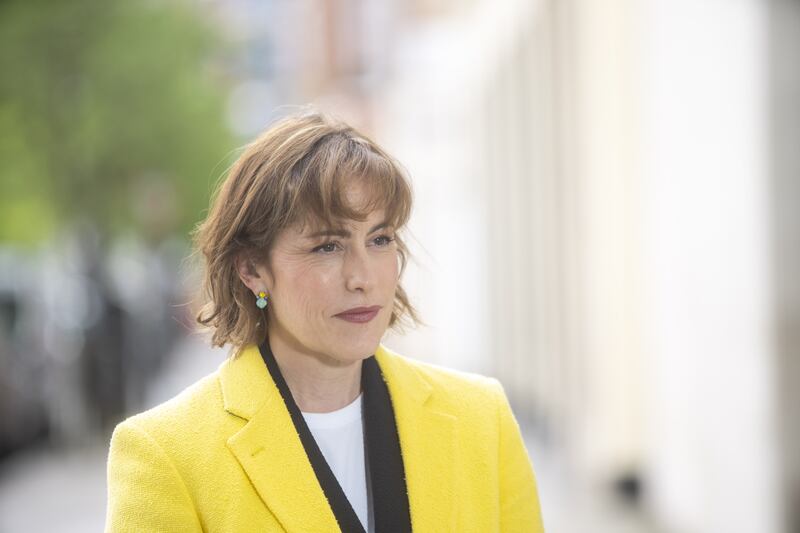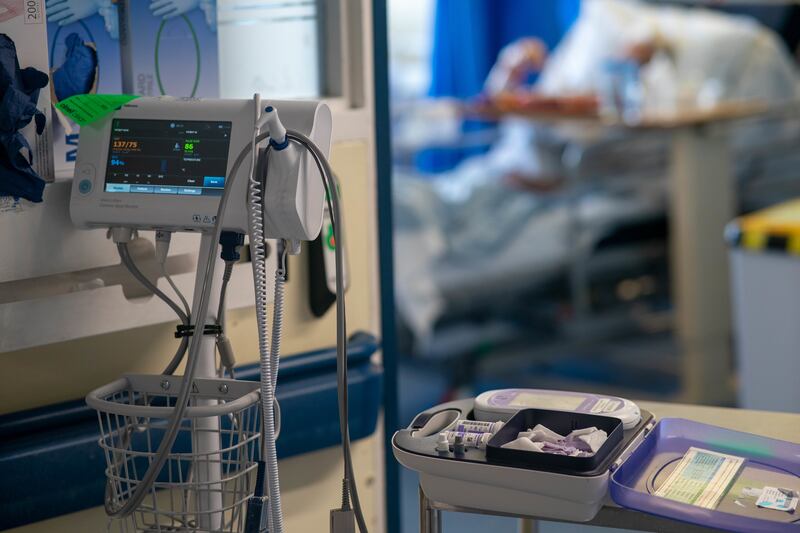A leading surgeon has warned that the system for treating gynaecological patients in Northern Ireland is “close to the brink”.
Hans Nagar from the Royal College of Obstetrics and Gynaecologists told the BBC that more investment was urgently needed to increase survival rates.
He also said the physical and mental stress caused by long waiting lists should not be ignored.
According to the latest figures, covering a 12-month period up to March this year, nearly one-in-five patients (19.8 per cent) started their treatment within 62 days of referral, against a target of 95 per cent.
The Department of Health has also said that at least 98 per cent of patients diagnosed with cancer are supposed to receive their first proper treatment within 31 days of a decision to treat.
Read more
Welcome for 'long overdue' review into north's gynecology services
Northern Ireland Cancer Experience Panel win national award
Mr Nagar said that patients and health workers should no longer be satisfied with the current system on offer.
The Department of Health called it “extremely disappointing that the department’s performance targets for cancer waiting times are not being met.”
Despite the launch of a cancer strategy in March 2022, the department added that “very significant pressures” on all parts of cancer care in Northern Ireland were affecting progress.
The BBC further report that in the Southern Trust, there has been a 41 per cent increase in gynae red flag cancer referrals between 2019 to 2023, with a 25 per cent increase in the Northern Trust during the same time period.
Figures from all five health trusts show that none of them are meeting targets set out in the cancer strategy.
A Southern Trust spokesperson commented: “Theatre capacity remains challenged and unfortunately has not returned to pre-Covid levels as there continues to be ongoing theatre nursing workforce gaps".
The Belfast Health Trust operates the regional Northern Ireland Cancer Centre, and said waiting times for the gynae oncology service were “longer than what we would like,” due to a high referral rates and staffing pressures.
Armagh GP Dr Francis O’Hagam said the figures around gynae cancers including ovarian, cervical and uterine were concerning as they were often hidden and received a late diagnosis.
"Ladies who are affected by gynae cancer, often they have little symptoms until the disease has progressed quite far and then when they do get referred into the system any wait they have to sustain just adds to the frustration and the anxiety these ladies already have," she said.
Mr Nagar said more investment could make better treatments available, such as Parp Inhibitors – targeted cancer drugs used to treat ovarian cancer.
He warned that this was still the most effective after an early diagnosis, and that he was not “entirely hopeful” things would change as there was no plan in place to address the problems.
An independent review into gynaecology services, Getting it Right First Time (GIRFT), and the Department of Health has received the first report.
"Within the constraints of existing budgets the department is committed to taking whatever actions it can to tackle these waiting times and ensure that patients are treated as quickly as possible to ensure best possible outcomes.
"It is hoped that the report will be finalised in September 2023, at which point the focus will shift to implementation of the recommendations."








